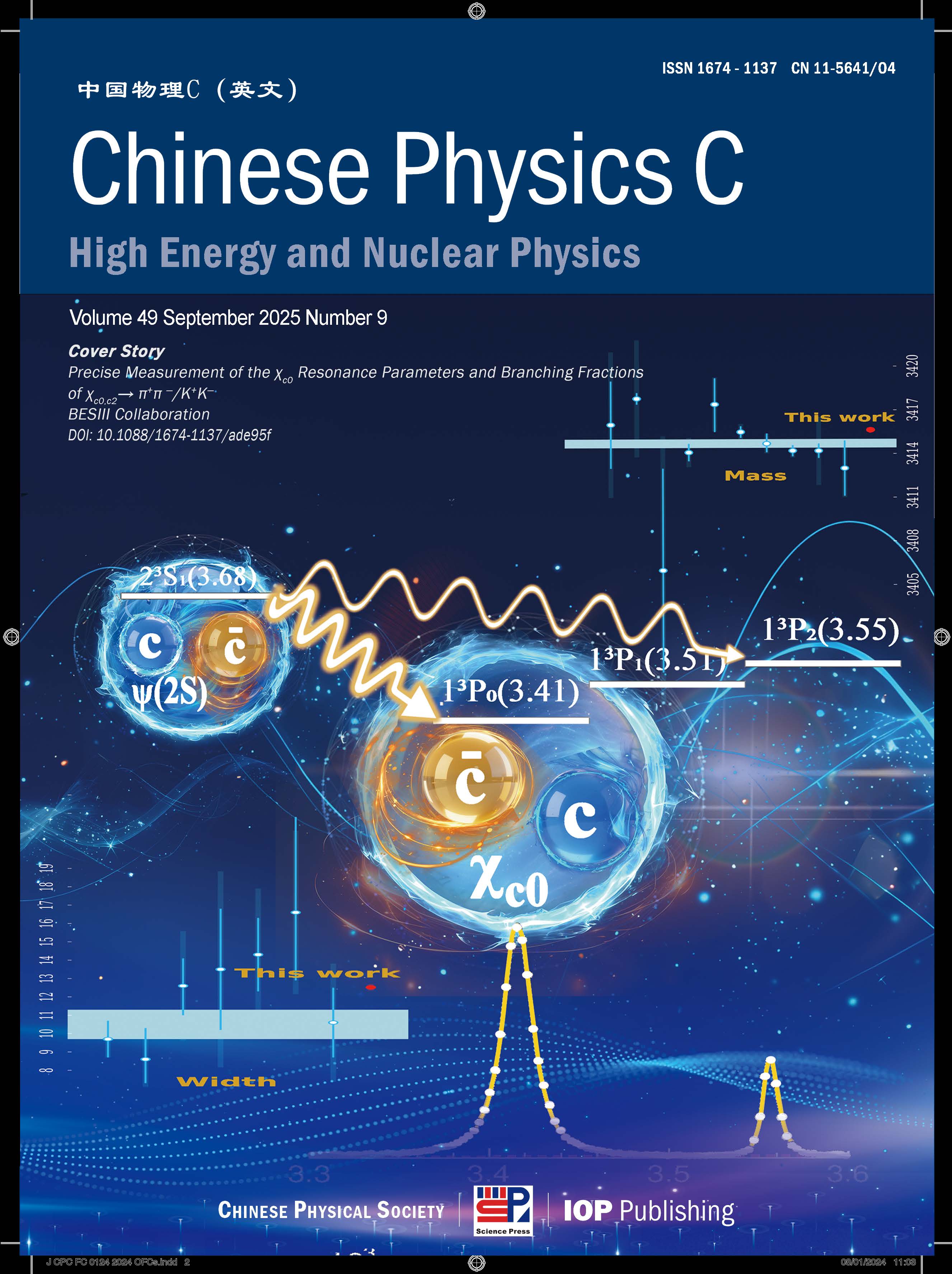Cover Story | Advancing gravitational wave astronomy: AI-enhanced detection and real-time analysis in the presence of glitches
Author: Prof. Zhou-Jian Cao (Beijing Normal University)
The discovery of gravitational waves (GWs) has inaugurated a new era of multi-messenger astronomy. Given the extremely weak strain of GWs, detectors must be engineered with unparalleled sensitivity. However, enhancing sensitivity raises the potential for GW signals to be impacted by transient noises, colloquially known as ‘glitches’. These glitchespose significant challenges for both the detection of GW events and the accurate determination of their source parameters, ultimately affecting the reliability of subsequent physical analyses. Thus, it is critical to mitigate their effects. While the full Bayesian approach is widely adopted, it faces constraints in accurately modeling the effects of certain glitches due to the unknown nature of their sources and the voluminous data involved. Artificial Intelligence (AI), particularly deep learning technologies that leveragenon-linear processing capabilities and the computational prowess of GPUs, presents a viable solution for mitigating glitch interference.
A recent study detailed in an article [1], explores the inference of parameters from glitch-contaminated GW data by innovatively combining strain time series and spectrograms for data fusion, and employing normalizing flows for a likelihood-free inference approach to GW parameter estimation. This method was evaluated against traditional techniquesfor handling non-glitch samples, focusing on two glitch types: blip andscattered light noise. Findings indicate that this approach can match the accuracy of the Bayesian method even in the presence of glitches and accomplish parameter inference in milliseconds. This publication marks a significant advancement towards eliminating glitch effects in GW signals and facilitating real-time GW data analysis.
References:
[1] Tian-Yang Sun, Chun-Yu Xiong, Shang-Jie Jin, Yu-Xin Wang, Jing-Fei Zhang, and Xin Zhang, Chin. Phys. C 48, 045108 (2024), arXiv:2312.08122[gr-qc]













